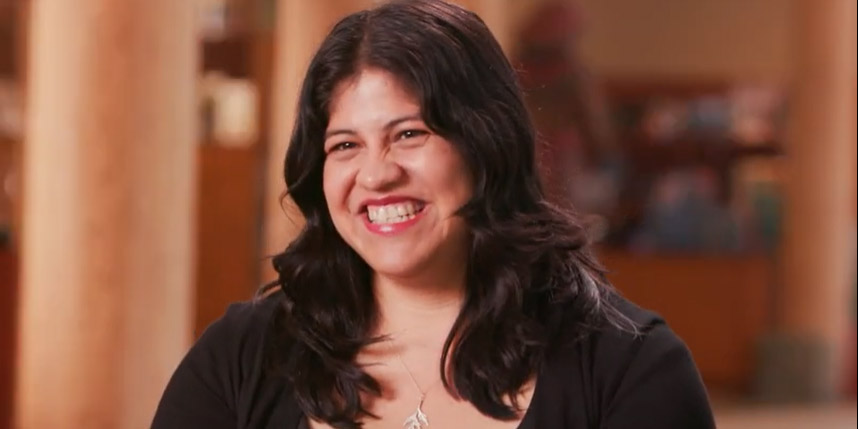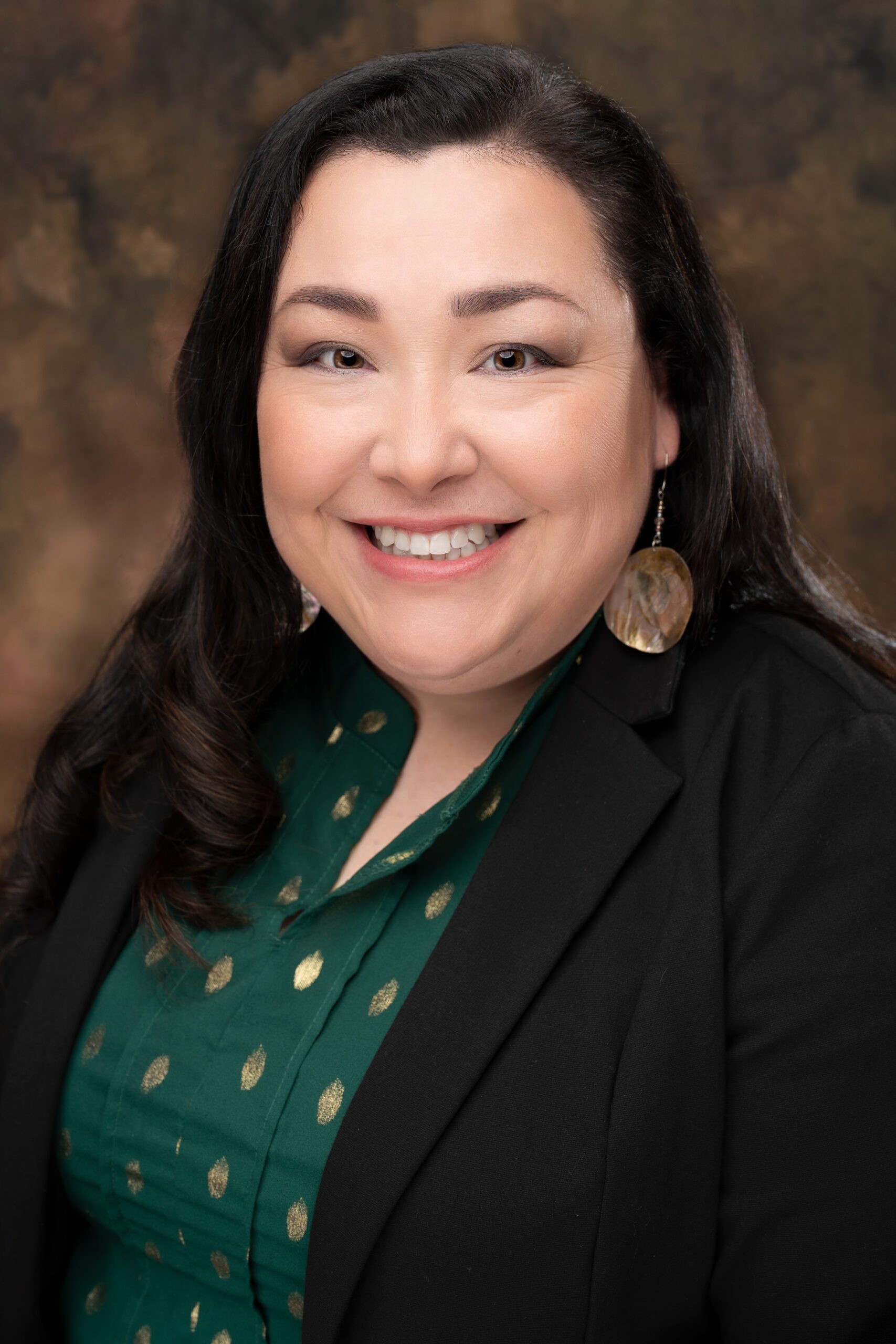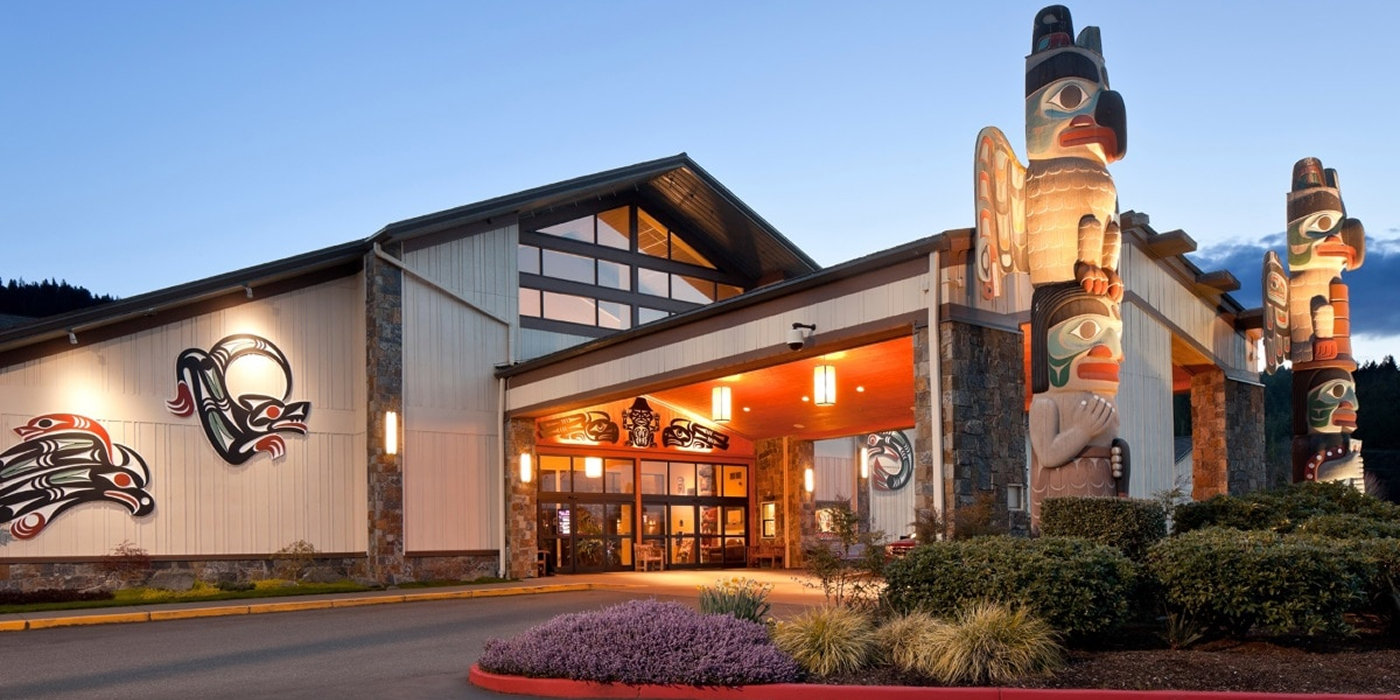
Amber Penn-Roco is an attorney, mother of two, a member of the Chehalis Tribe and former Washington Indian Gaming Association (WIGA) Scholarship Recipient. In a recent interview, we asked her about her career and education, and what it means to be a WIGA Scholarship Recipient.
Q: Please tell us about your work.
A: I am a partner at Galanda Broadman, an indigenous rights law firm. I specialize in environmental protection and the preservation of cultural and natural resources. Being an attorney is a challenging career, and I find that the best way to navigate it is by finding work you are passionate about. My entire life, I knew I wanted to work on behalf of the Indigenous people, in order to give back to the communities that have given me so much. I think that the Tribes and Indigenous communities that I represent appreciate having an advocate who looks like them, who understands their communities, who understands the intricacies of what it is like to live on a reservation, to be a part of a Tribe, and to constantly fight for recognition as a government.
Q: Did you always know you would go to college and become an attorney?
A: My mom was a schoolteacher. She was the first in her family to receive a college education. She emphasized, from a very early age, that a good education was the key to success. She was a single mom with eight kids, and money was a constant struggle for our family. She did her absolute best, but, after my dad left, we ended up homeless for a time. I knew from a very early age that I wanted to go to college and pursue academic success so that I could help out my family, financially, and to make sure that my own family did not suffer the same kind of troubles.
By high school, I knew I wanted to go to law school and become an attorney. With that as my goal, the primary issue, was, practically, how to make it happen. College is expensive. When you consider trying to fund an additional three years of law school, after four years of college, the investment required felt nearly insurmountable, it was incredibly difficult to figure out a way to make it work. My Tribe tried, my family tried, I tried—and we simply did not have enough money to fund it ourselves. I was determined, I applied for every scholarship I could find. Throughout my seven-year academic career, spanning three different colleges, my education simply would not have been possible without scholarships. I would not be an attorney without the generosity of others.
Q: What role did the WIGA Scholarship play in your educational journey?
A: I received the WIGA scholarship at the perfect time. In my third year of law school, all my scholarships ran out. I found myself putting textbooks on a credit card, in order to make ends meet. I was forced to contemplate whether I could afford to finish my law degree. Receiving the scholarship funds from WIGA meant I could afford to focus on my education and not be distracted with wondering how I was going to be able to pay my bills or buy my textbooks. It makes such a difference, to be able to focus on college and classes and not on how to survive.
One thing I love about the WIGA scholarship is that it is unrestricted funds. WIGA recognizes that the cost of school is not limited to just tuition and books. There are a million costs associated with putting yourself through college, it is so incredibly helpful that they provide students with funds and allow the student to decide how to best use those funds to make ends meet.
It is also so nice to have a scholarship that is directly aimed at Indigenous students. It is very difficult to find programs like this. It was delightful to apply and be able to put my tribal affiliation on the application.
Q: What does your family think of where your education has taken you?
A: They are so proud. My mom was my biggest cheerleader. She loved that I went to law school. One of my favorite photos of us ever taken is a picture from my law school graduation. You can just feel how proud she is and how she feels like she made it too. And my daughters. They see me, a strong, female, person of color, an attorney owning my own law firm, and they have someone to look up to. I think they are very proud of me.





